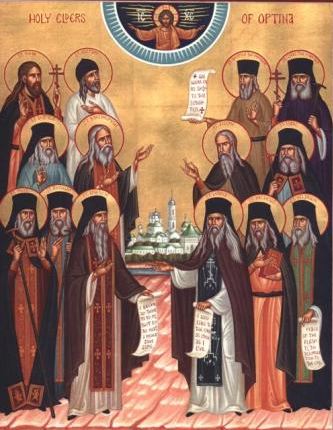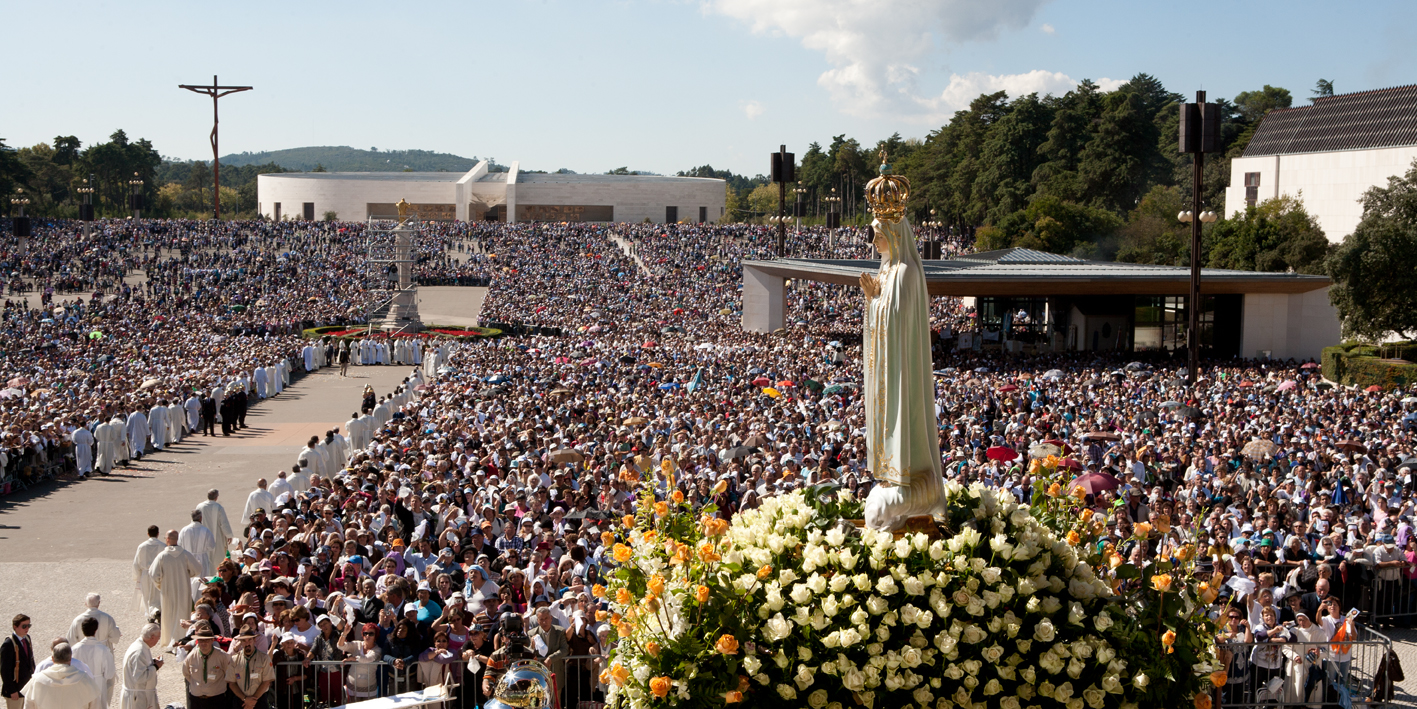
Concerning that which Brings
us Close to God
Prayer
111.
Do not forsake prayer, for just as the body becomes
weak when it is deprived of food, so also the soul when it
is deprived of prayer draws nigh to weakness and noetic death.
(St. Gennadius of Constantinople, The Golden Chain, 44)
(St. Gennadius of Constantinople, The Golden Chain, 44)
112.
-128. Consistently
pray in all things, so that you might not do anything without the help of God
... Whoever does or busies himself with anything without prayer does not
succeed in the end. Concerning this, the Lord said: "Without Me you can't
do anything". (John 15:5)
(St. Mark the Ascetic, Homilies, 2.94,166)
(St. Mark the Ascetic, Homilies, 2.94,166)
129.
Whatever we do or
say without prayer always ends up either sinful or harmful and convicts us
through the deeds in some mysterious way.
(St. Mark the Ascetic, Homilies, 2.108)
(St. Mark the Ascetic, Homilies, 2.108)
130.
The prayer of one
who does not consider himself a sinner is not accepted by the Lord.
(St. Isaac the Syrian, Homilies, 55)
(St. Isaac the Syrian, Homilies, 55)
131.
God hears and
fulfills the prayer of a man who fulfills His commandments. "Hear God in
His commandments," says St. John Chrysostom, "So that He might hear
you in your prayers." A man who keeps the commandments of God is always
wise, patient, and sincere in his prayers. Mystery of prayer consists in the
keeping of God's commandments.
(St. Justin Popovich, Explanation of I John, 3:22)
(St. Justin Popovich, Explanation of I John, 3:22)
132.
Give your
intentions in prayer to God, Who knows everyone, even before our birth. And do
not ask that everything will be according to your will, because a man does not
know what is profitable for him. But say to God: Let Thy will be done! For He
does everything for our benefit.
(St. Gennadius of Constantinople, The Golden Chain, 47)
(St. Gennadius of Constantinople, The Golden Chain, 47)
133.
Everyone who asks
something of God and does not receive it doubtless does not receive it for one
of these reasons: either because they ask before the time, or they ask
unworthily, or out of vainglory, or because if they received what they asked
they would become proud or fall into negligence.
(St. John of the Ladder, Ladder, 26.60)
(St. John of the Ladder, Ladder, 26.60)
134.
Whoever wants to
approach prayer without a guide, and proudly thinks that he can learn from
books, and won't go to an elder, is already halfway into delusion. But the Lord
helps the humble, and if there is no experienced guide, and he goes to a
confessor, whoever he may be, then the Lord will cover him because of his
humility.
(St. Silouan the Athonite, Writings, II.1)
(St. Silouan the Athonite, Writings, II.1)
135.
If, at the time
when the mind is praying it is distracted by any extraneous thought or worry
about anything, then this prayer is not called pure.
(St. Isaac the Syrian, Homilies, 16)
(St. Isaac the Syrian, Homilies, 16)
136.
If you become
proud when you receive what you ask in prayer, then it is obvious that your
prayer was not to God, and you did not receive help from Him, but the demons
were working with you in order to exalt your heart; For when help is given from
God, the soul is not exalted, but is all the more humbled, and she is amazed at
the great mercy of God, how merciful He is to sinners.
(St. Barsanuphius the Great, Instructions, 418)
(St. Barsanuphius the Great, Instructions, 418)
137.
When God wants to
have mercy on someone, He inspires someone else to pray for him, and He helps
in this prayer.
(St. Silouan the Athonite, Writings, XX.9)
(St. Silouan the Athonite, Writings, XX.9)
138.
In times of
affliction, unceasingly call out to the merciful God in prayer. The unceasing
invocation of the name of God in prayer is a treatment for the soul which kills
not only the passions, but even their very operation. As a doctor finds the
necessary medicine, and it works in such a way that the sick person does not
understand, in just the same way the name of God, when you call upon it, kills
all the passions, although we don't know how this happens.
(St. Barsanuphius the Great, Instructions, 421)
source
(St. Barsanuphius the Great, Instructions, 421)

 inundado por um mistério de luz que é Deus e N´Ele vi e ouvi -A ponta da lança como chama que se desprende, toca o eixo da terra, – Ela estremece: montanhas, cidades, vilas e aldeias com os seus moradores são sepultados. - O mar, os rios e as nuvens saem dos seus limites, transbordam, inundam e arrastam consigo num redemoinho, moradias e gente em número que não se pode contar , é a purificação do mundo pelo pecado em que se mergulha. - O ódio, a ambição provocam a guerra destruidora! - Depois senti no palpitar acelerado do coração e no meu espírito o eco duma voz suave que dizia: – No tempo, uma só Fé, um só Batismo, uma só Igreja, Santa, Católica, Apostólica: - Na eternidade, o Céu!
inundado por um mistério de luz que é Deus e N´Ele vi e ouvi -A ponta da lança como chama que se desprende, toca o eixo da terra, – Ela estremece: montanhas, cidades, vilas e aldeias com os seus moradores são sepultados. - O mar, os rios e as nuvens saem dos seus limites, transbordam, inundam e arrastam consigo num redemoinho, moradias e gente em número que não se pode contar , é a purificação do mundo pelo pecado em que se mergulha. - O ódio, a ambição provocam a guerra destruidora! - Depois senti no palpitar acelerado do coração e no meu espírito o eco duma voz suave que dizia: – No tempo, uma só Fé, um só Batismo, uma só Igreja, Santa, Católica, Apostólica: - Na eternidade, o Céu!